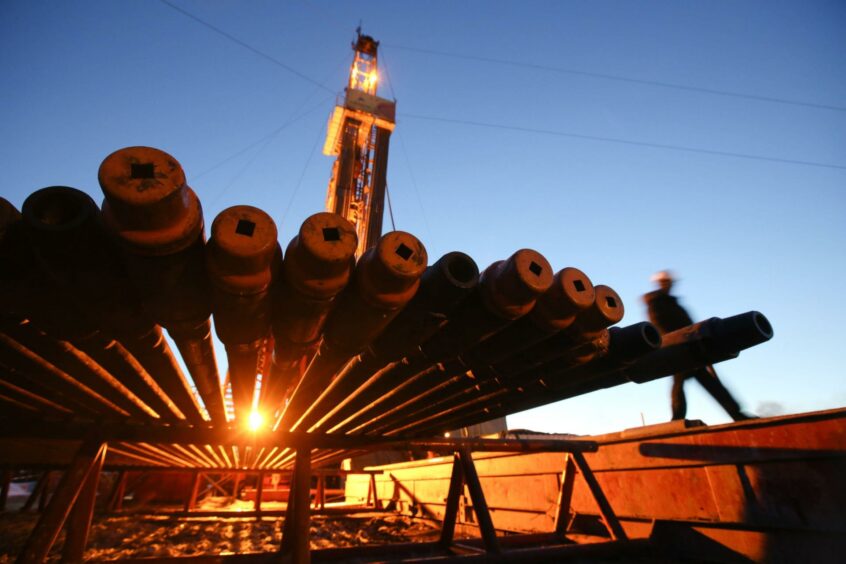
OPEC and its allies once again stood back from the crisis engulfing oil markets, refusing to deviate from their schedule of gradual production increases as the U.S. considered an unprecedented release from emergency crude stockpiles.
The cartel ratified the 432,000 barrel-a-day supply increase scheduled for May at an online meeting on Thursday, according to a statement. The decision was in line with expectations and very much peripheral to the main driver of prices on the market — President Joe Biden’s plan to release about 1 million barrels a day from crude reserves for several months to ease the disruption caused by Russia’s invasion of Ukraine.
Brent crude, the international benchmark, was down 5.6% at $107.05 as of 1:05 p.m. in London.
Consumers are taking matters into their own hands because the Organization of Petroleum Exporting Countries and its allies are resisting being drawn into the political crisis caused by the military aggression of one of their leading members.
OPEC+ hurried through its last meeting in just 13 minutes, without discussing the issue that was dominating global commodities markets. It beat that record by a minute at Thursday’s talks, a delegate said.
One change that could emerge from the gathering is the decision to exclude from OPEC’s crude-production estimates any data provided by the International Energy Agency. It’s a minor technical change intended mainly as a public snub to the agency that represents the interests of oil consumers and plays a key role in coordinating releases from emergency stocks.
Ministers will discuss the proposal later on Thursday, a delegate said.
A decision to exclude IEA data would represent the culmination of months of sniping between the agency, which represents the interests of major energy consumers, and OPEC+. After working together more closely for several years, the severe energy crisis that’s gripped markets for the past six months and the growing push to curb carbon emissions has made cooperation more difficult.
Saudi Energy Minister Prince Abdulaziz bin Salman has derided the IEA’s proposals for how the world could avoid damaging climate change as “La-La-Land.” When the long rally in oil prices began last year, OPEC+ ministers threw the blame back at the agency, claiming it had been discouraging investment in vital resources.
The invasion of Ukraine deepened the rift. IEA Executive Director Fatih Birol said he was disappointed in the lack of a response from OPEC+ to the crisis, which drove crude above $100 a barrel. As OPEC disregarded U.S. requests to pump more, the agency led the first coordinated release of oil from its members’ emergency stockpiles in over a decade in an attempt to push prices lower.
